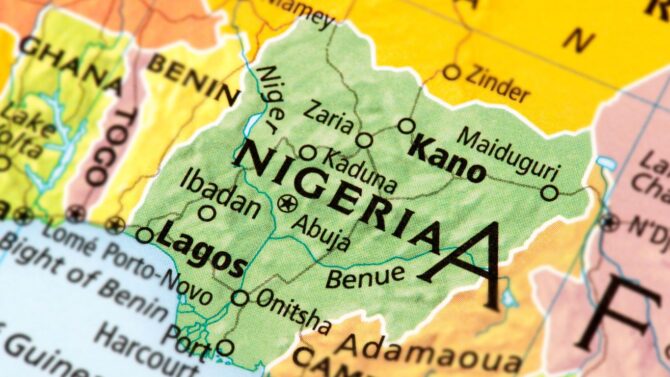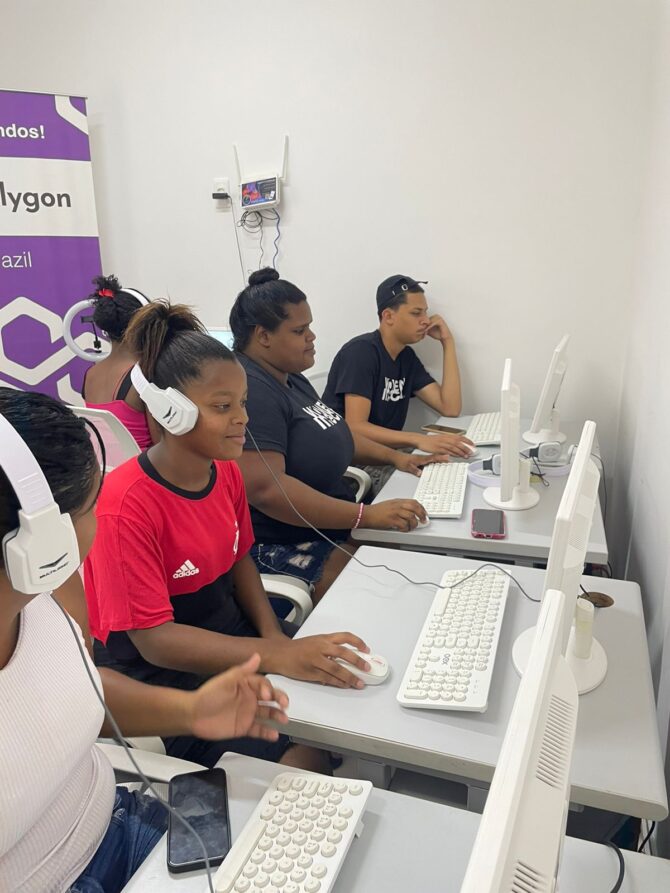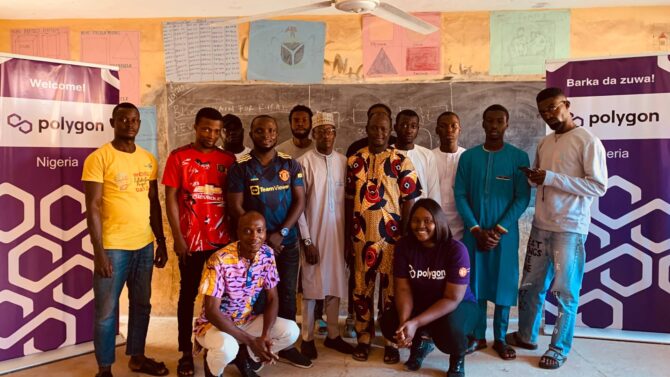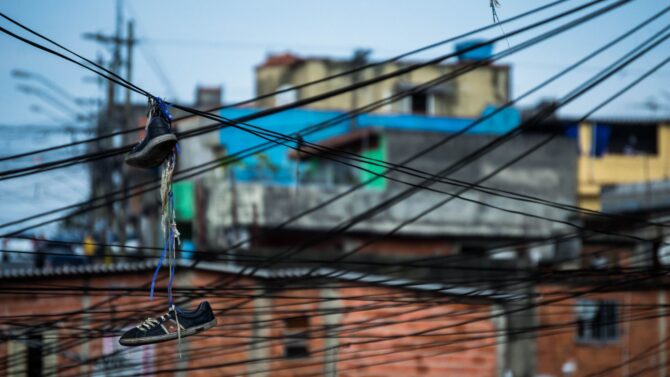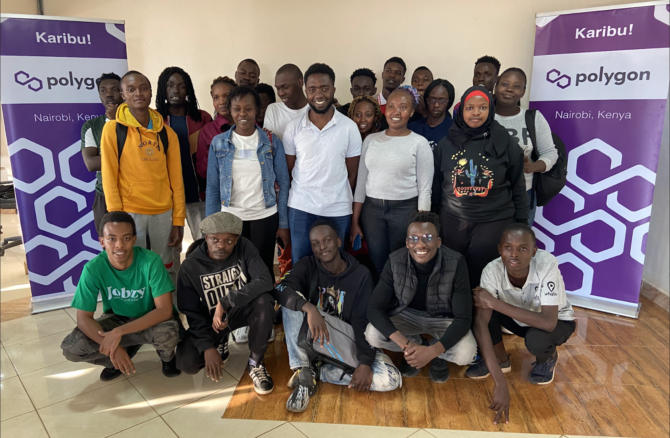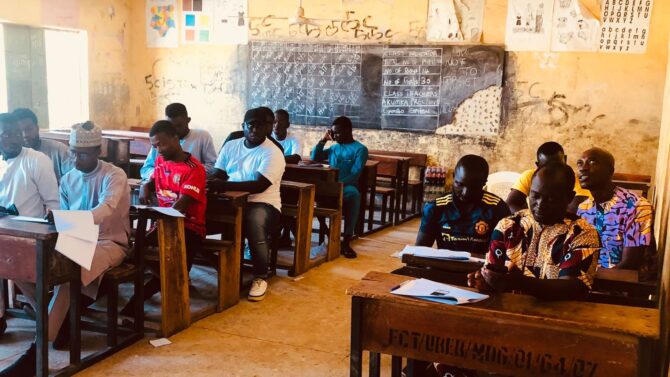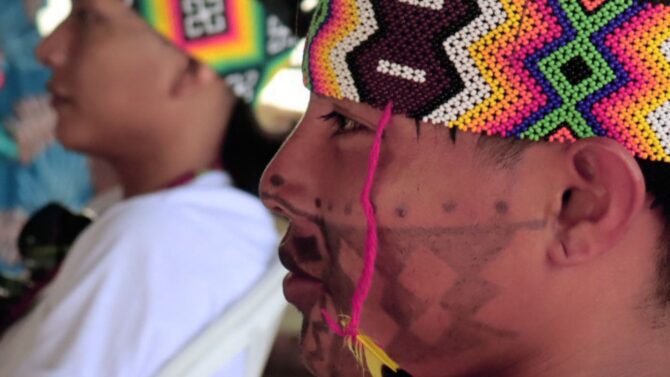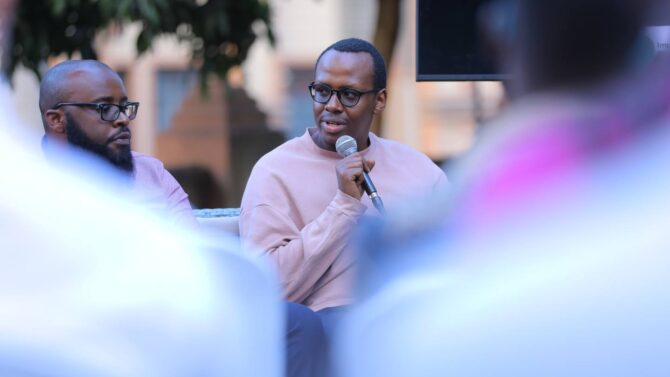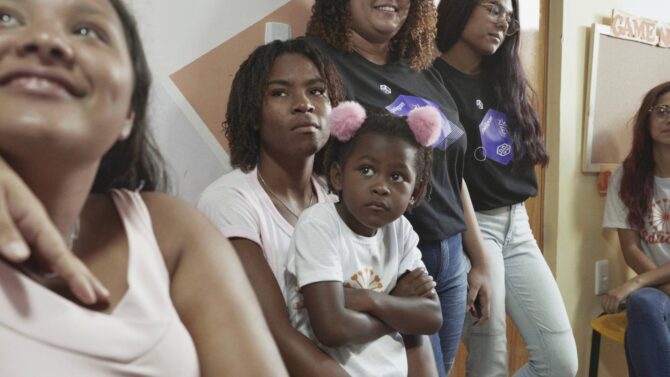NGO Bootcamp in Nigeria
The widespread adoption of blockchain technology has been impeded by a lack of understanding and expertise in this cutting-edge field. Many organizations, including NGOs, face significant challenges in harnessing the potential of blockchain to drive positive social change. These issues were addressed in an NGO bootcamp attended by a good number of NGO personnel in…
